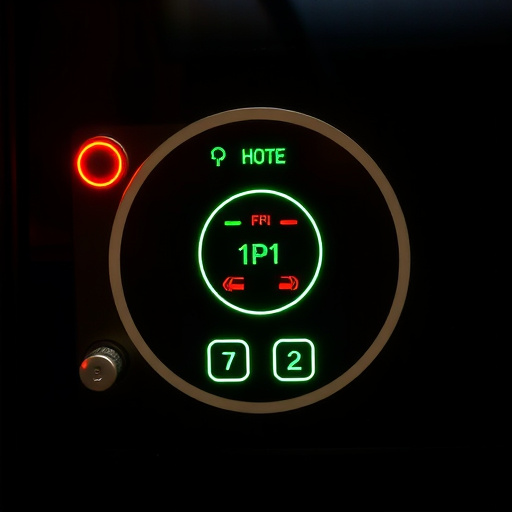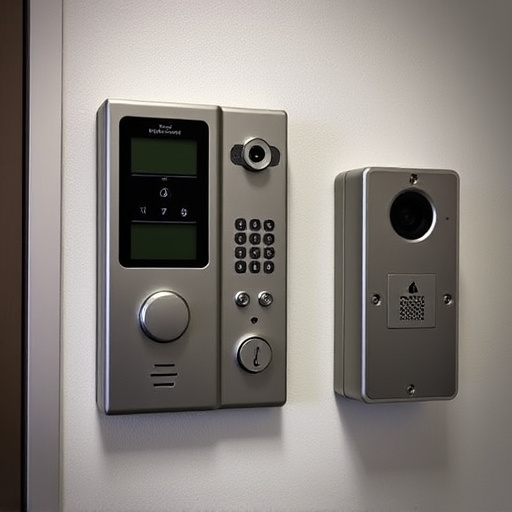In today's digital world, users seek personalized browser experiences through chrome delete services, driven by a desire for self-expression and control. Minimalistic design philosophies, like those offered by such services, combat information overload and mental fatigue by simplifying interfaces, enhancing focus, and promoting digital well-being. Chrome delete services prioritize user trust and security by guaranteeing non-storage of browsing data, fostering protected digital footprints, and encouraging adoption through transparent marketing. They compete with alternatives like vehicle wraps, emphasizing robust data security to maintain user loyalty.
“Unraveling the psychology behind Chrome delete services reveals a captivating interplay of user preferences, customization, and digital wellbeing. This article delves into the factors driving individuals to adopt such tools, focusing on minimalism’s role in enhancing online experiences.
We explore how trust and security concerns shape users’ decisions, providing insights into why Chrome delete services are gaining traction. By understanding these psychological drivers, developers can tailor solutions that cater to modern internet users’ evolving needs.”
- User Preferences and Customization Psychology
- The Role of Minimalism in Digital Wellbeing
- Trust and Security: Impact on Service Adoption
User Preferences and Customization Psychology

In today’s digital age, users are increasingly drawn to personalized experiences, and this trend extends to their online interactions and browser settings. The psychology behind user preferences and customization plays a significant role in shaping how individuals interact with technology, including the popularity of chrome delete services. People have a natural inclination towards tailoring their environments to reflect their unique identities and tastes. This phenomenon is evident in the vast array of custom graphics and high-quality finishes available for browsers like Chrome. By offering users the ability to customize their browser’s aesthetics, developers cater to an innate human desire for self-expression and control.
The process of customizing a chrome delete service goes beyond mere visual appeal; it taps into deeper psychological needs. Users often associate their preferred browser themes or interfaces with a sense of efficiency, comfort, and even status. High-quality finishes and meticulous attention to detail in the design process can create an engaging user experience, fostering loyalty and encouraging prolonged interaction. This customization aspect has become a powerful tool for software developers to enhance user satisfaction and retention, ultimately ensuring a more enjoyable and personalized digital journey.
The Role of Minimalism in Digital Wellbeing

In today’s digital age, the relationship between humans and technology is an intricate one. The allure of endless scrolling and constant connectivity can lead to information overload and mental fatigue. Here, minimalism emerges as a powerful tool for achieving digital wellbeing, especially with services like Chrome delete playing a pivotal role. By embracing simplicity in our digital spaces, we can reduce cognitive load and enhance focus. A clean, uncluttered interface designed with precision and care—much like the meticulous work of premium automotive services or the artistic touch seen in custom graphics—can significantly impact user experience.
Just as ceramic coatings offer protection and enhanced aesthetics for vehicles, a minimalist approach to digital interfaces can safeguard our mental spaces. It encourages users to prioritize essential elements, fostering a sense of calm amidst the chaos of the online world. This design philosophy not only beautifies but also facilitates efficient navigation, making tasks more manageable. By employing minimalism, chrome delete services contribute to a healthier relationship with technology, ensuring that digital tools serve us without overwhelming or distracting us from our goals and priorities.
Trust and Security: Impact on Service Adoption

In today’s digital age, users increasingly value trust and security when it comes to their online activities. The rise of privacy concerns has made people more cautious about how their data is handled, especially when using services that involve personal information. A chrome delete service, for instance, offers a level of assurance that browsing history, cookies, and other user data won’t be stored or sold, fostering a sense of security. This trust becomes crucial in encouraging users to adopt such services, as they feel more comfortable knowing their digital footprint is protected.
The impact of this trust extends beyond individual satisfaction; it influences the success and growth of chrome delete services. Users are more likely to recommend and continue using these services if they perceive them as trustworthy and secure. Conversely, any breach of this trust can lead to rapid service disadoption. Therefore, prioritizing data security and transparency in marketing and service delivery is essential for a chrome delete service to thrive, especially when competing against other solutions like ceramic window tinting, professional PPF installation, or custom vehicle wraps that also cater to privacy-conscious consumers.
The psychology behind the popularity of Chrome delete services reflects a growing awareness of digital wellbeing. User preferences for customization and minimalism, coupled with concerns about trust and security, drive adoption of these tools. By understanding these psychological factors, developers can design more effective and appealing chrome delete services that cater to users’ desire for both control and simplicity in their online experiences.














